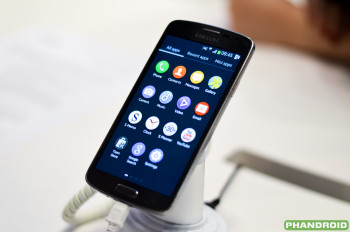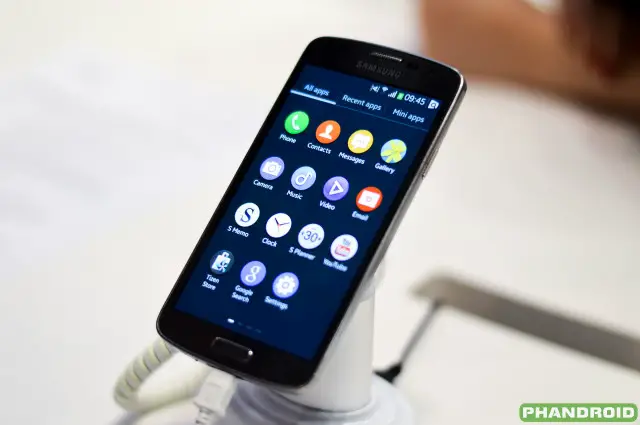
Samsung moving 500 engineers out of their mobile division to work on Tizen
Looks like Samsung is getting serious about the Internet of Things — that is, engineering consumer electronics that can work and communicate with each other through the glorious use of internet. The Wall Street Journal reports that the company has made the decision to move over 500 engineers out of their mobile division and into other areas of the company, including consumer electronics, TVs, network, printers and enterprise software.
What does this mean for their mobile software? We’re not entirely sure, but the move is being made to bolster their “competitive edge in the Internet of Things (IoT) industry and increase synergies for the Tizen platform.”
That line initially makes it sound like they want to focus on Tizen more than Android, but what it really means is that they want to help grow Tizen into a central operating system that they can use on all their smart products going forward. We’ve seen them make the transition to the operating system for most of their smart watches so we’re not surprised they want to explore other areas for its use.
As for the implications this move may have on their smartphone business? There might be none — Samsung’s Tizen efforts on smartphones simply aren’t going well. The Samsung Z, Samsung’s first Tizen phone, was delayed indefinitely after lack of consumer and developer interest, and there’s no telling if Samsung will ever look to explore the platform’s viability on smartphones down the line.
We wouldn’t be surprised to learn that Samsung isn’t willing to make a drastic move and drift away from using the world’s most popular operating system for their flagship phones and tablets. That said, there’s no reason not to continue to build Tizen up by using it on products where the operating system used doesn’t make a clear difference.

